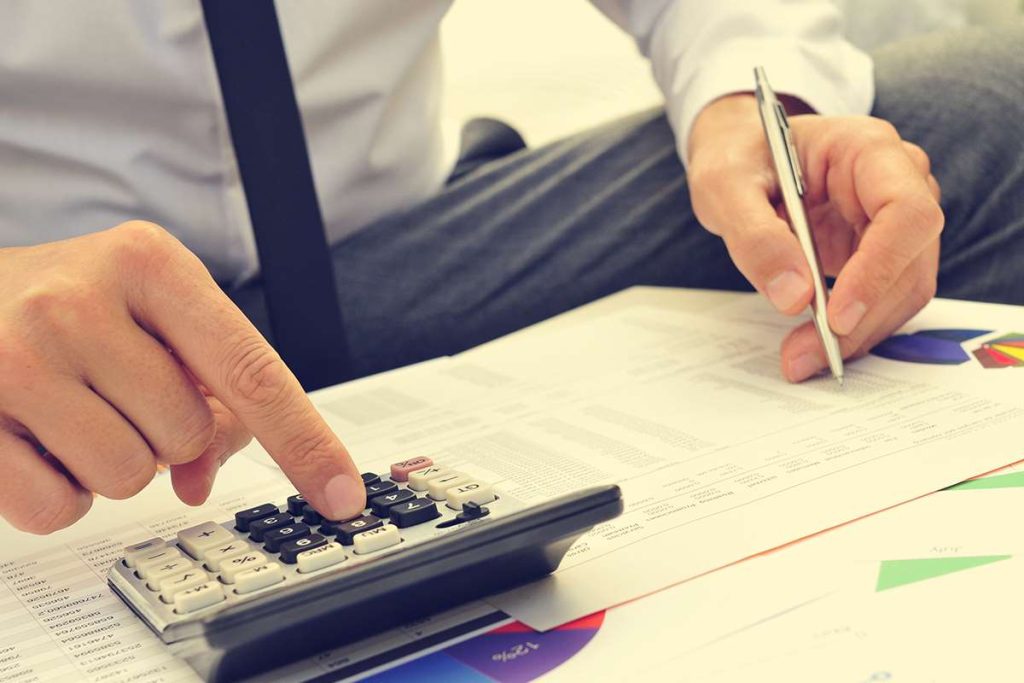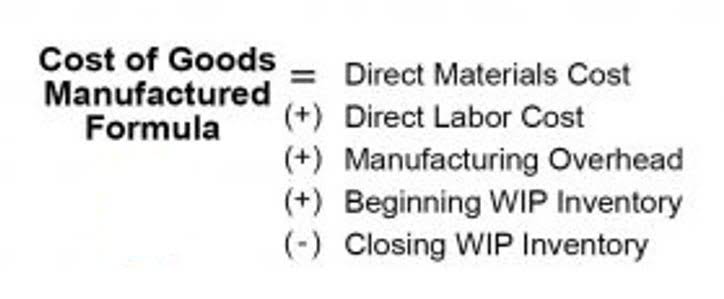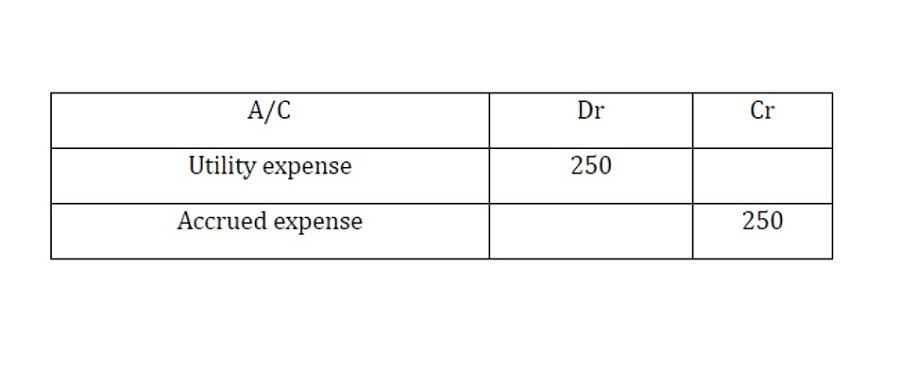
It also makes it easier to identify potential issues such as write off bad debt or spot opportunities where you can improve cash flow. While choosing a sole trader accounting software, it’s tempting to go with the cheapest. You need something that’s MTD-compliant and is able to handle fluctuating income. In partnership with Mazuma, FreshBooks provides sole traders in the UK with online accounting sole trader accounting services.

Understanding the Benefits of Professional Advice
Contents
See your business money come in and out over time, so you can make smarter business decisions. These low cost options include a contactless card reader, Direct Debit collection and invoices that can be paid in a couple of clicks. Stay informed about tax regulations, discover effective tax-saving strategies, and ensure compliance with our income summary comprehensive tax guides and tips. When your bookkeeping process is functioning efficiently, you will have instant insight into your financial status and possess a clear strategy for making decisions.

Invoicing Software and Time and Expense Tracking for Sole Traders
For sole traders, it’s especially important because you’re responsible for every aspect of your business finances. Keeping track of your income and expenses allows you to know how much money is coming in and going out, which helps you make informed decisions about pricing, budgeting, and future investments. If you find bookkeeping and accounting tasks are taking up too much of your time, or you’re not confident in your ability to manage your finances, it may be time to hire an accountant or bookkeeper. They can help with tasks such as recording transactions, reconciling accounts, and preparing financial statements.

Starting a Small Business
In some cases, customers can’t or won’t pay their invoices, leaving you with bad debt. As a sole trader, it’s essential to write off bad debts correctly to maintain accurate financial reporting and properly manage inventory as a sole trader. As a sole trader who sells products rather than services, tracking inventory is critical to maintaining accurate bookkeeping records. Managing inventory as a sole trader requires knowing how much stock is available at any given time so that you can avoid stock shortages or overstocking. Inventory management may involve using specialised software to log the purchase, sale and stock levels of products or manually keeping track of inventory using spreadsheets.
FreshBooks ensures you get paid faster and spend less time worrying about your small business accounting. Add a personalized thank-you note and send invoices to your clients directly from your account. Once you have decided on a method for your sole trader record keeping, you can start creating accounts and categories that represent different types of financial transactions in your business. For example, opening separate accounts for sales revenue versus expenses allows you to track where money is coming from and going out.
FreshBooks Accounting Software Testimonial Videos

This involves keeping accurate records of your income and expenses, reporting your earnings to HMRC, and paying any tax that you owe. As a sole trader it is important to understand your tax obligations, record and track all tax payments made throughout the year, and file accurate and timely tax returns. Failure to do so can result in serious consequences such as fines, interest charges, or even prosecution. Seek advice if needed and take record keeping seriously in order to ensure that you meet all https://www.bookstime.com/ of your obligations in full. You may also want to import bank transactions into your bookkeeping system to help with reconciling bank accounts.
- Reviewing your results regularly allows you to make adjustments as needed and maintain financial stability.
- OneUp offers five plans, with all plans including the same features and pricing based solely on the number of users.
- Filing timely returns with correct information avoids penalties and lays foundation of trust with regulatory bodies like Australian Taxation Office (ATO).
- The advantage of going with something like Xero or Quickbooks is that you’ll never be short of people who know how to use it.
- Typically an accountant and a bookkeeper will work in partnership – the bookkeeper lays the groundwork for accurate financial reporting.
- It can be overwhelming trying to navigate the complex world of tax laws as a sole trader, but there are resources available that can help.
Regularly reviewing financial statements
If you don’t have a lot of transactions or don’t plan on expanding your business anytime soon, then a manual system might be sufficient. However, if you have a lot of transactions or want to scale your business in the future, then investing in accounting software is worth considering. A bookkeeper records and maintains accurate records while an accountant makes sense of financial data.
- Some sole traders hire an accountant to do this work for them, but many find that their financial records can be managed on their own.
- Furthermore, reviewing bank statements and reconciling accounts provides an opportunity to detect any discrepancies or fraudulent transactions.
- Following sole trader bookkeeping best practices prevents emergency tax bills and penalties further down the line.
- Credit cards can be an essential tool for sole traders looking to manage inventory or make purchases for their businesses efficiently.
- Finally, it provides you with a clear picture of your business’s financial health, which is important when seeking funding or applying for loans.
- Inventory management may involve using specialised software to log the purchase, sale and stock levels of products or manually keeping track of inventory using spreadsheets.
- Expenses are something that, big or small, every business needs to deal with at some point.
- With our powerful financial guidance and support, your business won’t just make it, it will thrive.
- For example, if your profit margins are decreasing over time, it could indicate that you need to adjust pricing or manage expenses more effectively.
- This process helps to keep track of cash inflows and outflows, which allows you to monitor the financial health of your business.
That way, you’ll have a better idea of how much you owe in taxes before the end of the financial year and can plan accordingly. It’s essential to be proactive about your tax obligations to avoid any penalties or interest charges for late payment. This will include accounts such as revenue, expenses, assets, liabilities, and equity. You should also consider the tax laws in your country when setting up your chart of accounts. When it comes to bookkeeping for sole traders, the first decision to make is whether to use a manual or computerised system.
